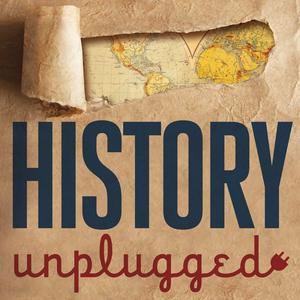There’s an argument to be made that every technology advance in communication – from cave paintings to fake AI movie trailers – is at its root an attempt to tell stories. Our first night-fires created the earliest audiences for spoken stories. In time, the development of rhyme, song, and other mnemonic devices allowed those spoken stories to be preserved for generations; pictures drawn on cave walls turned preservation into permanence, telling stories we still experience thousands of years later; writing enabled storytellers to spread tales to faraway places; the Chinese invented printing with moveable metal type around 700 AD; the Toltecs independently invented it at about the same time; 750 years later Gutenberg independently invented it again, adding a converted wine press to create the mass production of mass communication. Over time, printing presses increased the number of storytellers and the size of their audiences by many orders of magnitude, a trend which led us to great revolutions, and electric, then electronic, then digital storytelling and all our storytelling tools of today—and tomorrow’s.
Today’s guest is Kevin Ashton, author of “The Story of Stories: The Million-Year History of a Uniquely Human Art.” We see how humans alone possess the desire to share our hopes and beliefs, to understand and connect with others, to process events that have come before and anticipate events that will come next. That innate urge to communicate has impacted every aspect of human history, and it is so ingrained in the fabric of our existence that language did not come to being so that we could tell stories—stories gave us language. Human storytelling has led to innovations in astronomy, entertainment, technology, and beyond, and brought about revolutions, religions, political movements, and so much more.
See omnystudio.com/listener for privacy information.


